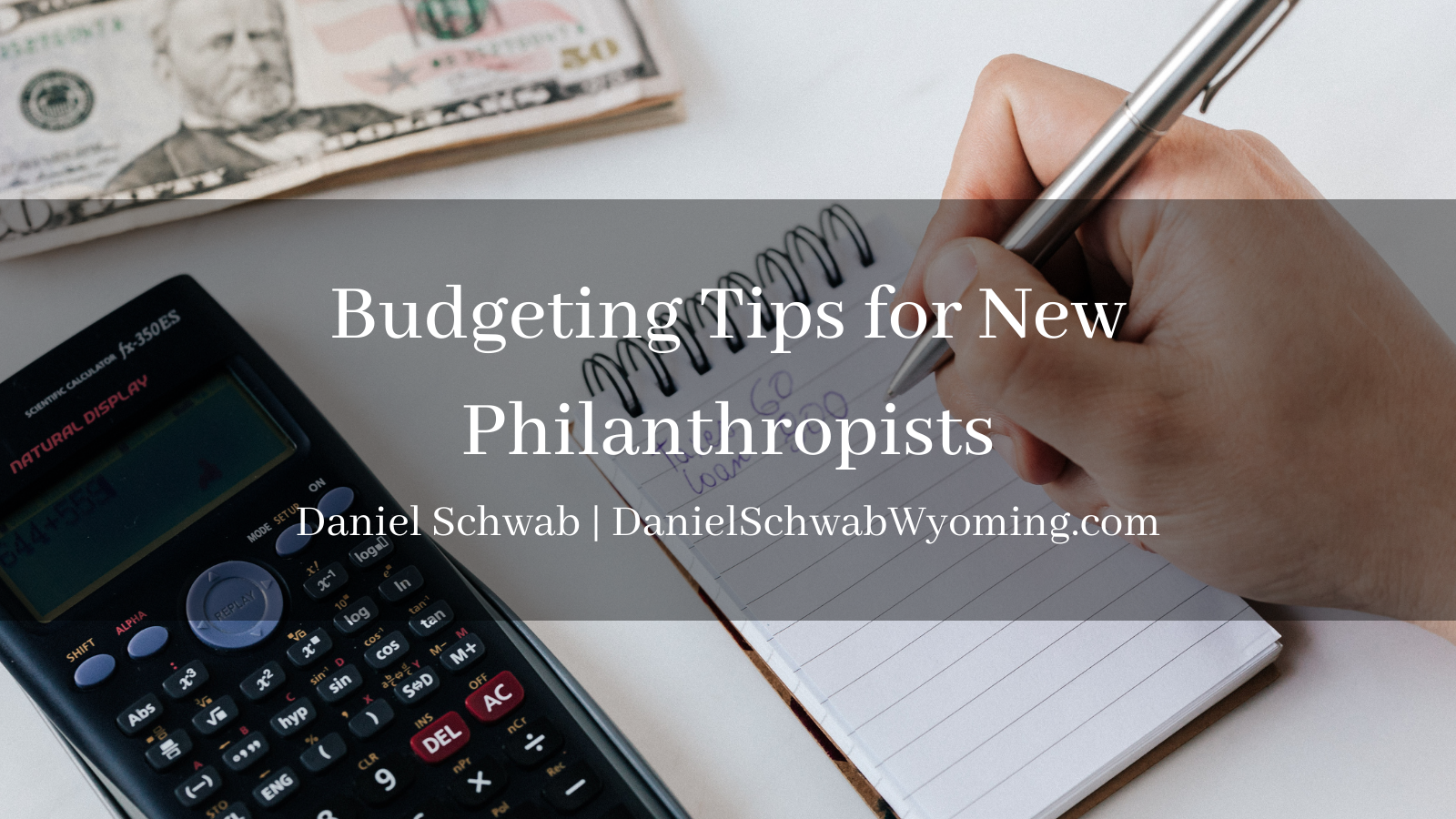
Budgeting helps in the estimation of the financial status and control of the future budget for an organization. Nonprofit organization accountants help create a budget for the fiscal year. They are also involved in planning fundraising campaigns related to an organization’s budget and expenditure over time. These help in the creation of a more refined and realistic budget for an organization over time. The primary purpose of budgeting is to prevent over expenditure and create a more realistic and manageable budget. Major tips while budgeting for nonprofits include:
- Effective bookkeeping
Effective bookkeeping helps in creating realistic financial plans and budgets for an organization. This concept is often confused with accounting; it deals with keeping financial records, while accounting involves making financial decisions from bookkeeping records. Time is a crucial factor to consider for effective bookkeeping. Immediate cost allocations, timely recording of transactions, and neat ledger organizations are common strategies to save time for effective bookkeeping.
- Examination of income resources
Income resources for an organization include grants, campaigns, and donations from philanthropy. During these challenging economic times, it is not easy to make predictions on the income status of an organization. Some strategies that help fund an organization include grant writing to reaching philanthropic funders willing to help, fundraising, and reaching out to major donors for help.
- Consider fixed expenses
These are the organization’s first-hand expenses that come before other costs. They include rent, software investments, utility bills, and employee paychecks. The fixed costs should not complicate each other, e.g., prioritizing employees’ wages before office rent.
- Variable expenses
They are expenses that fracture over time; they are challenging to plan for because they keep variating. They include event expenses, marketing costs, and fundraising expenses. Variable expenses have lesser risks compared to fixed payments as they change over time.
- Year to year budget analyzation
Year to year budgeting creates a reliable and more accurate budget to predict income and expenses accurately. Annual budgeting helps make room for variable costs to add on additional fixed costs. An accounting team mostly does budget analysis; sourcing accountant experts can solve the lack of an accountant as it helps the nonprofits save money from yearly budgets.
Budgeting is always challenging for nonprofit organizations, especially during economic uncertainties’; employing experts in bookkeeping and accounting can help resolve this issue over time. Budgeting tips for nonprofits is a crucial consideration that helps many organizations plan for their expenses effectively.

